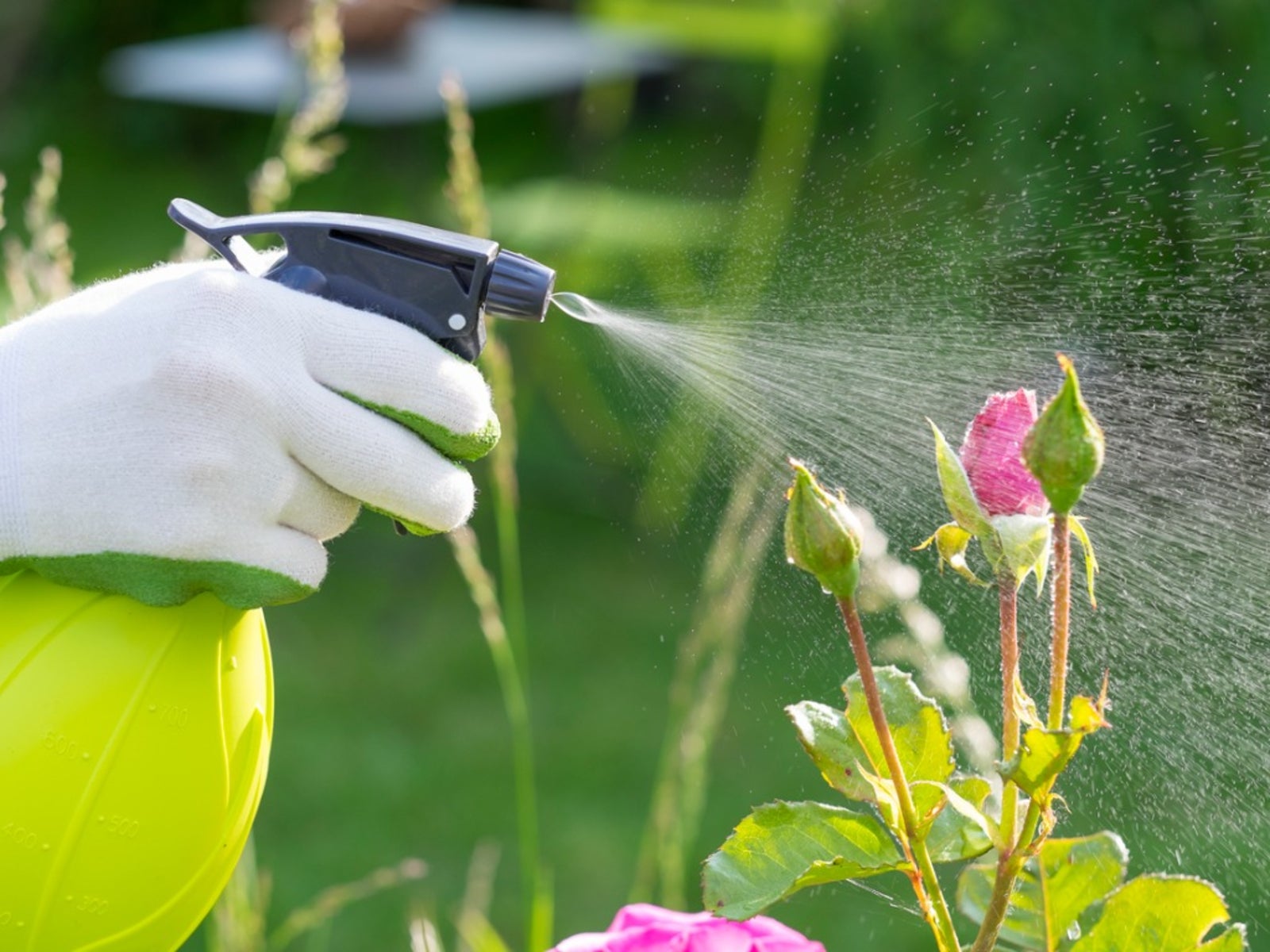Can Insecticides Hurt Plants - Learn About Insecticide Plant Injury


Sign up for the Gardening Know How newsletter today and receive a free copy of our e-book "How to Grow Delicious Tomatoes".
You are now subscribed
Your newsletter sign-up was successful
Pesticides are designed to kill pests. But can insecticides hurt plants too? This is an important question to ask if you rely on chemicals to manage insects and other pests. Insecticide damage to plants is possible and ranges from mild to severe. You can take steps to prevent or minimize this kind of damage while still managing pests in the garden.
Are Pesticides Bad for Plants?
Are pesticides bad for plants? They certainly can be. Insecticide plant injury, or actually any kind of chemical plant injury, is known as phytotoxicity. Herbaceous plants are most vulnerable to pesticides. Woody plants tolerate them better, but new fresh growth can be damaged by these chemicals.
Exactly how and to what extent you harm a plant with a pesticide depends on the type of chemical, the plant, and other factors. Possible signs of insecticide damage to plants include:
- Leaf burn
- Leaf drop
- Discolored leaves
- Curled leaves
- Abnormal plant growth
- Plant death
How to Prevent Pesticide Plant Injury
For many reasons, from protecting pollinators to protecting the plants in your garden, limiting chemical pesticide use is important. Only use a non-organic, chemical pesticide if you have a real issue that you cannot manage another way. This will prevent a lot of plant damage.
If you do choose to use a chemical insecticide, follow these rules to prevent or minimize damage to plants:
- Read the labels and choose the right chemical for the job. Make sure the pesticide actually kills the pest you’re targeting.
- Read labels on systemic insecticides carefully. These pesticides are taken up by the plant so that when insects feed on them, they die. If using this type of chemical, make sure it is safe for the plant and targets the right pests.
- Always follow the directions on the pesticide for how to use it, how much to use, and how frequently to use it.
- Avoid using pesticides on windy, hot days. The wind causes pesticide drift, causing harm to more distant plants. Hot, sunny weather increases the risk that an insecticide will damage a plant.
- If a target plant is very close to other vulnerable plants, put a barrier around it before spraying.
Whenever possible, try a different solution. There are many effective controls for pests that do not include chemicals harmful to plants, such as biological controls, horticultural oils, and insecticidal soaps.
Sign up for the Gardening Know How newsletter today and receive a free copy of our e-book "How to Grow Delicious Tomatoes".

Mary Ellen Ellis has been gardening for over 20 years. With degrees in Chemistry and Biology, Mary Ellen's specialties are flowers, native plants, and herbs.